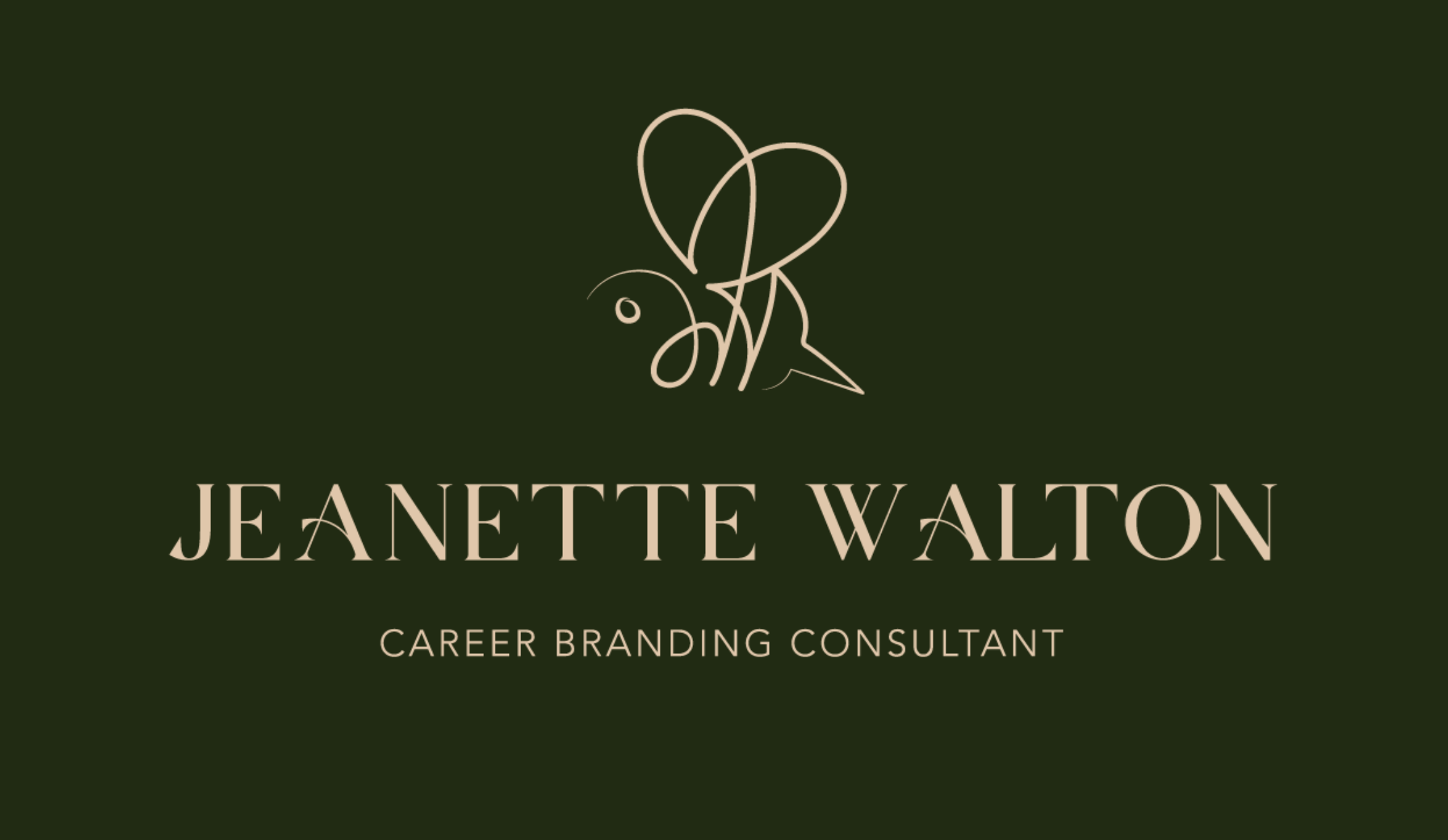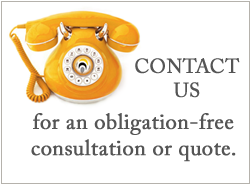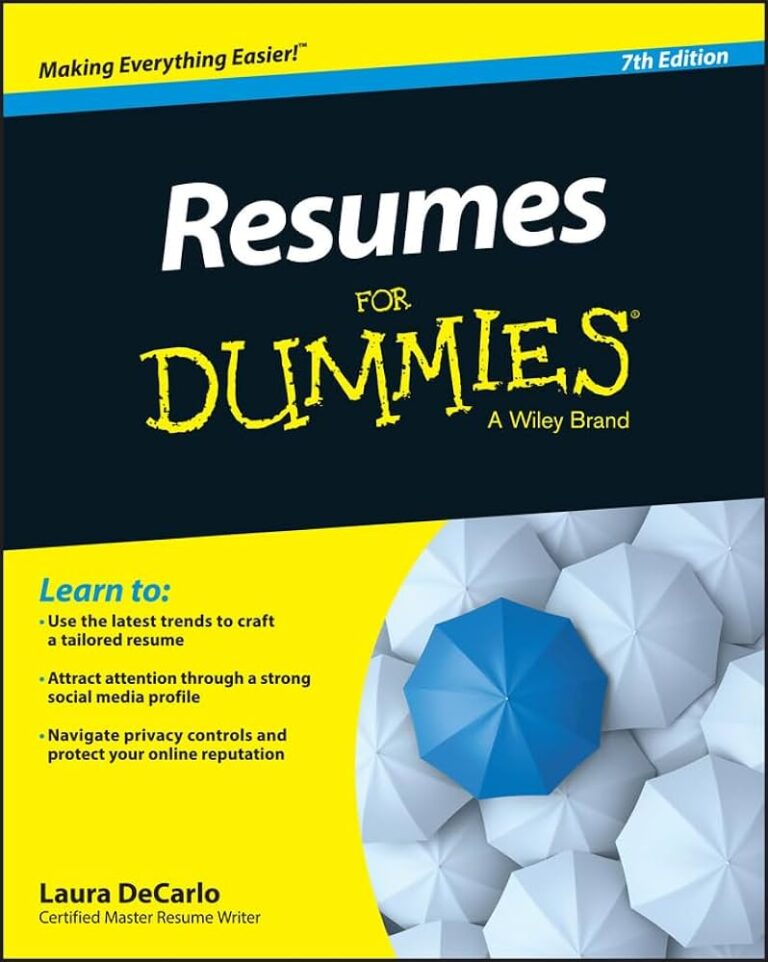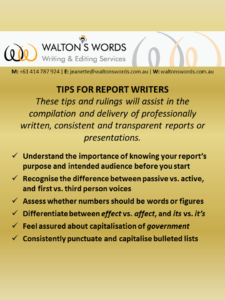Many public sector roles in particular require you to address selection criteria in your job application. Most selection criteria address the core skills, knowledge, experience and/or qualifications required for that role. They provide recruiters with more specific detail on how you will adequately meet the primary needs and expectations of the position. It is therefore essential to respond to selection criteria in a strong and targeted manner, demonstrated via your challenges and achievements.
“A good recruiting process focuses and aligns recruiters to deliver the best to the organization.”
(Matthew Caldwell, Head of Talent, Instacart)
Writing up selection criteria responses can be cumbersome and ‘hair-tearing’, but it’s a critical part of the job application process. If you do not factor this in, particularly when specified in the ‘how to apply’ section, you are unlikely to proceed to the interview stage. Below are some of the primary ‘do’s and don’ts’ I adhere to when responding to selection criteria on behalf of clients, across a range of public sectors.
Selection criteria do’s
- Identify the keywords: Carefully read each selection criterion, to understand what and how you should write the response. For example, there is a clear difference between ‘demonstrating your experience’ versus ‘discussing your knowledge’. Stay vigilant and remain aligned with each individual criterion.
- Meet the specifications: Word/character limits and preferred ways to address the selection criteria are often specified (perhaps check with the recruiter if they aren’t). These can help to ensure the writing remains concise and relevant, and may align with ATS requirements – so do not overlook these specifications.
- Use the STAR method: This ‘so what’ methodology may help you identify a worthy example, particularly when demonstrating your experience. Always list the relevant employer and role (situation), what you were aiming to achieve (task), what steps you took to do this (action), and what the outcome was (result).
- Be confident and direct: Where spacing allows, use an opening statement with keywords to ‘state your claim’. Keep your voice active and to the point, and do not undersell your career achievements. For example, ‘I negotiated’ sounds stronger than ‘I contributed to the negotiation’ – own your strengths and abilities.
“Confidence is a habit that can be developed by acting as if you already had the confidence you desire to have.”
(Brian Tracy, Motivational Public Speaker)
Selection criteria don’ts
- Be repetitive and irrelevant: Try not to apply the same example/s across the selection criteria. While there may be a career achievement that really stands out, there may be others more relevant that you are neglecting. It is also best to ensure your examples are as recent and as job relevant as you possibly can.
- Provide too much detail: Always keep your responses concise and relevant. The recruiter does not need to read about how your colleagues contributed (unless it’s a teamwork example) or how you came up with your action. Stick to the STAR method as much as possible, and keep ‘less is often more’ top of mind.
- Confuse your tenses: Past tense is generally more relevant than present tense for selection criteria responses. You are often referring to an experience and/or achievement that has previously occurred, so write accordingly. This may also convey you as future-focused – i.e. primarily focused on the prospective role.
- Understate your abilities: As touched on above, most of your responses should highlight your professional confidence. Particularly when applying for senior-level positions where it’s best to avoid supervisory (more junior-level) terms like ‘I was required to’. Keep your content and tone aligned with the level of job authority.
___________________________________________________________________
In addition to writing resumes, cover letters and LinkedIn profiles, Walton’s Words can deliver highly targeted selection criteria responses. We know how detailed and painstaking these can be, and work closely with you to ensure they adequately represent and ‘sell’ your professional capabilities. Give us a call or drop us a line if you would like to discuss your resume and/or selection criteria needs further.




